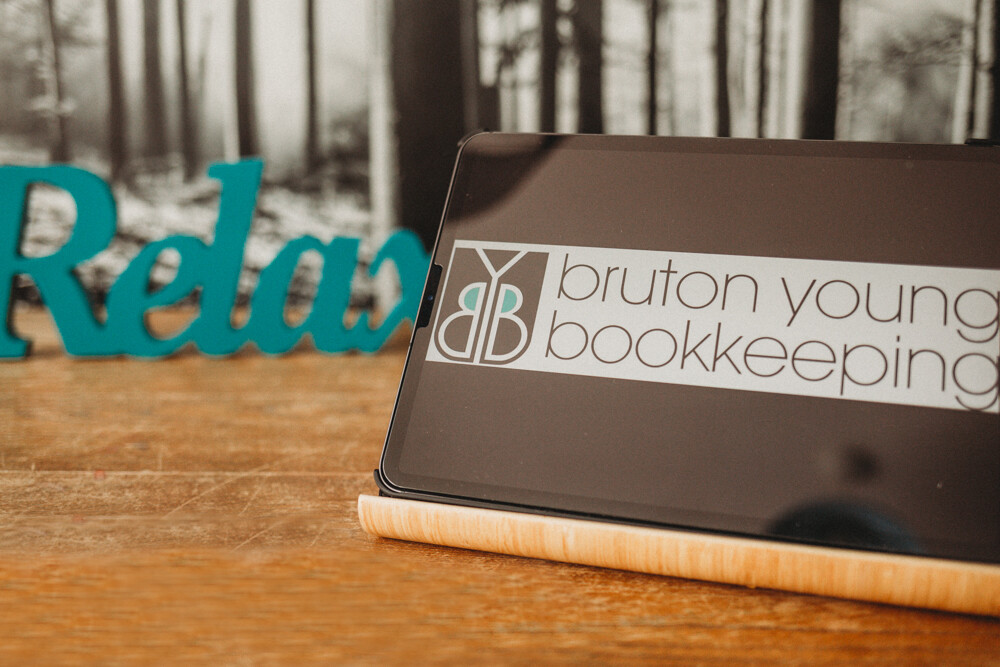The first step into business is exciting. Taking that idea from conception to birth, developing your branding, working on your website. It’s your little baby that you’re starting to nurture and want to see grow. Now you’ve started, where do you go next? One of the things to make sure you stay on top is your finance. It’s not really seen as the ‘sexy’ part of business like perhaps marketing or booking customers are but it’s an integral area which you need to organise.
Don’t be like the vast majority of new businesses, waiting for money to roll in to start worrying about it. Waiting until paperwork is due to start getting numbers in order, accounts up to date. Keep on top of finances when they are fairly simple at the beginning of a business and you’ll be in the groove and find it second nature when your business grows and in turn, your accounts become more complex.
You need to decide if you are setting up as a limited company or working your business as a self employed individual. If you are self employed you can withdraw whatever money from your business as you’ll be taxed on profits, not earnings. If decide to set up as a limited company, you’ll need to register with Companies House and then pay yourself a salary as the director of the company. If you do one of these options and then decide to change, this is perfectly possible (although switching from limited company to self employed is arguably slightly more difficult) but know that you will have to submit paperwork, whichever you go about business.
Get yourself a business bank account. We’ve spoken before about the benefits of using a specific business bank account instead of a personal one and you can check out that blog here. You could also look at business loans in order to finance your start up. If you have to pay back a loan each month, getting your business finance in order is even more important!
Make sure you know what dates you need to remember. One of those big wall calendars in your office is hugely useful, beyond knowing how many weeks there are left ‘til Christmas Day. Make a note of when you need to submit tax returns, accounts to Companies House and pay your bills.
An accountant is a great asset for your business. Accountants have worked with an array of businesses and seen many succeed and others fail. They have knowledge and invaluable advice for business owners and can often see things you can’t. They’ll also be able to take the keeping of your accounts up to date off your hands, letting you loose on the more exciting part of bringing your ideas to market.
Whatever your new venture is, from florists to plumbers to online shops, once you’ve financed your business and got these ducks in a row, there is no telling where you can go. From your kitchen table, to a home office, to a designated premises. From a one person band to a team of talented individuals. Things grow, change and develop but you always need those accounts in order or failure will inevitably come knocking. Getting a good accountant on board from the beginning is best for business.


